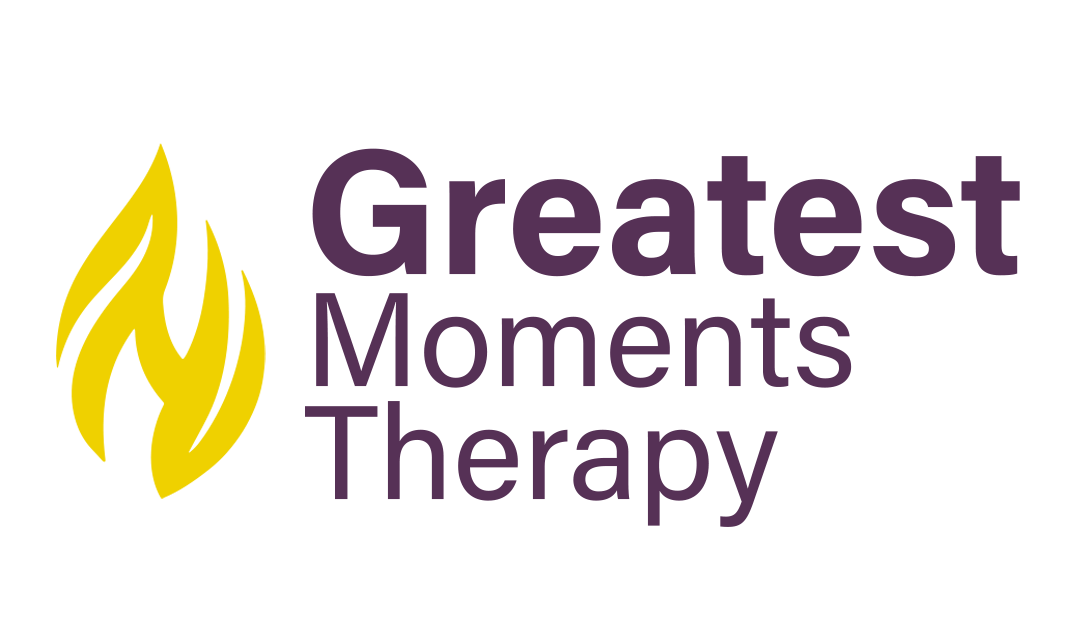Eye Movement Desensitization Reprocessing (EMDR) Therapy
in Ridgewood, NJ & Park Slope, NY

What is Eye Movement Desensitization Reprocessing (EMDR)?
Among the range of therapeutic approaches we offer, Eye Movement Desensitization Reprocessing (EMDR) has proven to be a powerful tool in assisting clients with different conditions. EMDR is a scientifically validated therapy technique that enables individuals to process distressing memories and experiences, ultimately leading to resolution and relief.
At Greatest Moments, we utilize EMDR to address a wide range of conditions and concerns. If you're struggling with anxiety disorders, depression, OCD, PTSD, personality disorders, reactive attachment disorder (RAD), ADHD, or addiction, EMDR may be a valuable approach for you. Our skilled therapists will work closely with you to identify the underlying causes of your distress and guide you through the EMDR process with empathy and expertise.
EMDR is particularly effective for individuals who have experienced traumatic events or adverse life experiences. By targeting the disturbing memories and associated emotions, EMDR helps to desensitize and reprocess these experiences, freeing you from their lingering effects. This therapy is not limited to adults alone; we also provide EMDR for children who have experienced trauma or who struggle with anxiety, allowing them to embark on their journey to healing and resilience from an early age.
Our therapists at Greatest Moments are trained and experienced in EMDR, as well as other evidence-based therapeutic modalities such as Dialectical Behavioral Therapy (DBT), Cognitive Behavioral Therapy (CBT), Internal Family Systems (IFS), and Sensorimotor Psychotherapy. This comprehensive approach ensures that we can tailor our treatment plans to meet your specific needs and goals.
Whether you're seeking therapy for yourself, your relationship, or your family, Greatest Moments is here to support you. Our warm and welcoming environment provides a safe space for you to explore your emotions, gain insight, and develop the necessary skills to overcome life's challenges.
If you're ready to embark on a transformative journey towards healing, growth, and your greatest moments, contact us today to schedule an appointment. We look forward to accompanying you on this path to a brighter future.


















